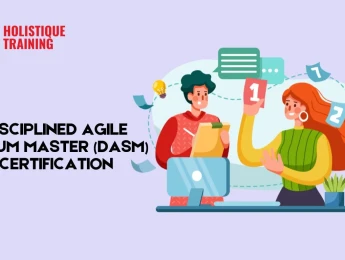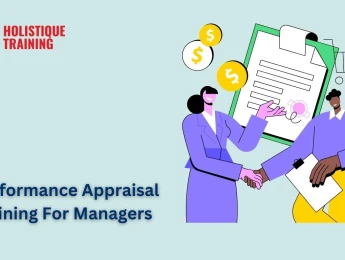In the world of business, regardless of industry, effective project management is essential to ensure projects are completed to the highest standard. One of the primary factors that influences the success of projects is the language used to communicate. Communication can positively impact a project at every stage, making its completion impossible. Having those involved in a project understand the importance of effective language will better guarantee the project's success.
Maintaining ideal communication and language is integral to every stage of a project. Project management heavily relies on the contribution of each member of the team, and this would require all individuals to be capable of communicating effectively. The type of language used can dictate how a message is conveyed and received and must be significantly considered before engaging with another. Language is not dependent on the specific wording used, but the tone of voice and body language can dramatically influence how the message may be received. With consideration of language, the risk of miscommunication is manageable.
Project managers or other individuals with leadership responsibility must also use language in other ways. Conflict and tension are often inevitable in extensive teamwork, and it is crucial to be able to use strong and effective language to talk through conflict and reduce overall tension.
Upon completion of this course, participants will be able to:
- Understand the vitality of effective language within project management.
- Review the consequences of poor language and communication.
- Evaluate effective methods and techniques of language and communication.
- Examine external and internal factors influencing how a message is conveyed and received.
- Promote project progress using strong and encouraging language.
- Provide constructive feedback and guidance through appropriate language.
- Comprehend how to utilise language to manage conflict and reduce tension within the project team.
- Translate particular communication formats into others clearly and concisely.
This course is designed for anyone who wishes to develop their language knowledge further to improve project outcomes. It would be most beneficial for:
- Project Managers
- Operations Managers
- Project Engineers
- Sales and Marketing Managers
- Senior Executives
- Business Owners
- Regional Managers
- Finance Analysts
This course uses a variety of adult learning styles to aid full understanding and comprehension. Participants will review case studies of projects with varying levels of success to highlight areas of effective communication and areas where poor language use resulted in less-than-ideal outcomes.
To ensure the participants gain a full insight into the taught content, they will participate in a combination of seminars, group discussions, and individual and group activities. This learning method collection allows ample opportunities to develop their knowledge and skills. The group activities will especially allow for skill improvement, as participants can work together to demonstrate their skills and provide feedback to one another.
Day 5 of each course is reserved for a Q&A session, which may occur off-site. For 10-day courses, this also applies to day 10
Section 1: Fundamentals of Language
- Recognising the importance of effective communication within a project.
- Identifying the different variations of language, including different formats of communication.
- Understanding the consequences of poor communication and the detrimental impacts on a project.
- Reviewing how language has evolved within different industries and projects.
- The integration of language within the project's lifetime.
Section 2: Establishing an Audience
- Exploring how the receiver of information will influence how information is communicated.
- Understanding the target audience and ideal ways to maintain engagement.
- Finding the appropriate wording and tone for each individual.
- Adjusting the language used to ensure important information is conveyed and received effectively.
- Providing information in multiple formats to guarantee understanding.
Section 3: Integrating Language with Project Progress
- The role language plays within the project's lifetime.
- How effective communication must be maintained throughout all relevant communication channels, including important documents and contact methods.
- Encouraging project members to maintain productivity with encouraging language.
- Pairing language with body language and appropriate tones to further promote a message
Section 4: Managing Team Members
- Understanding the vitality of balancing encouraging and firm language when providing feedback and criticism.
- Utilising different methods of communication and language to ensure a message is best received and acted upon.
- Identifying areas of conflict and using appropriate language to dissipate tension.
- Offering training and development to those who need to work to standards.
Section 5: Presenting a Finished Project
- How to present a project with complete confidence.
- Combining tone, body language and verbal communication to promote the completed project.
- Addressing clients, stakeholders, and other important personnel with the necessary information in a way that is easily understood and processed.
Upon successful completion of this training course, delegates will be awarded a Holistique Training Certificate of Completion. For those who attend and complete the online training course, a Holistique Training e-Certificate will be provided.
Holistique Training Certificates are accredited by the British Assessment Council (BAC) and The CPD Certification Service (CPD), and are certified under ISO 9001, ISO 21001, and ISO 29993 standards.
CPD credits for this course are granted by our Certificates and will be reflected on the Holistique Training Certificate of Completion. In accordance with the standards of The CPD Certification Service, one CPD credit is awarded per hour of course attendance. A maximum of 50 CPD credits can be claimed for any single course we currently offer.
- Course Code IND19-102
- Course Format Classroom, Online,
- Duration 5 days














